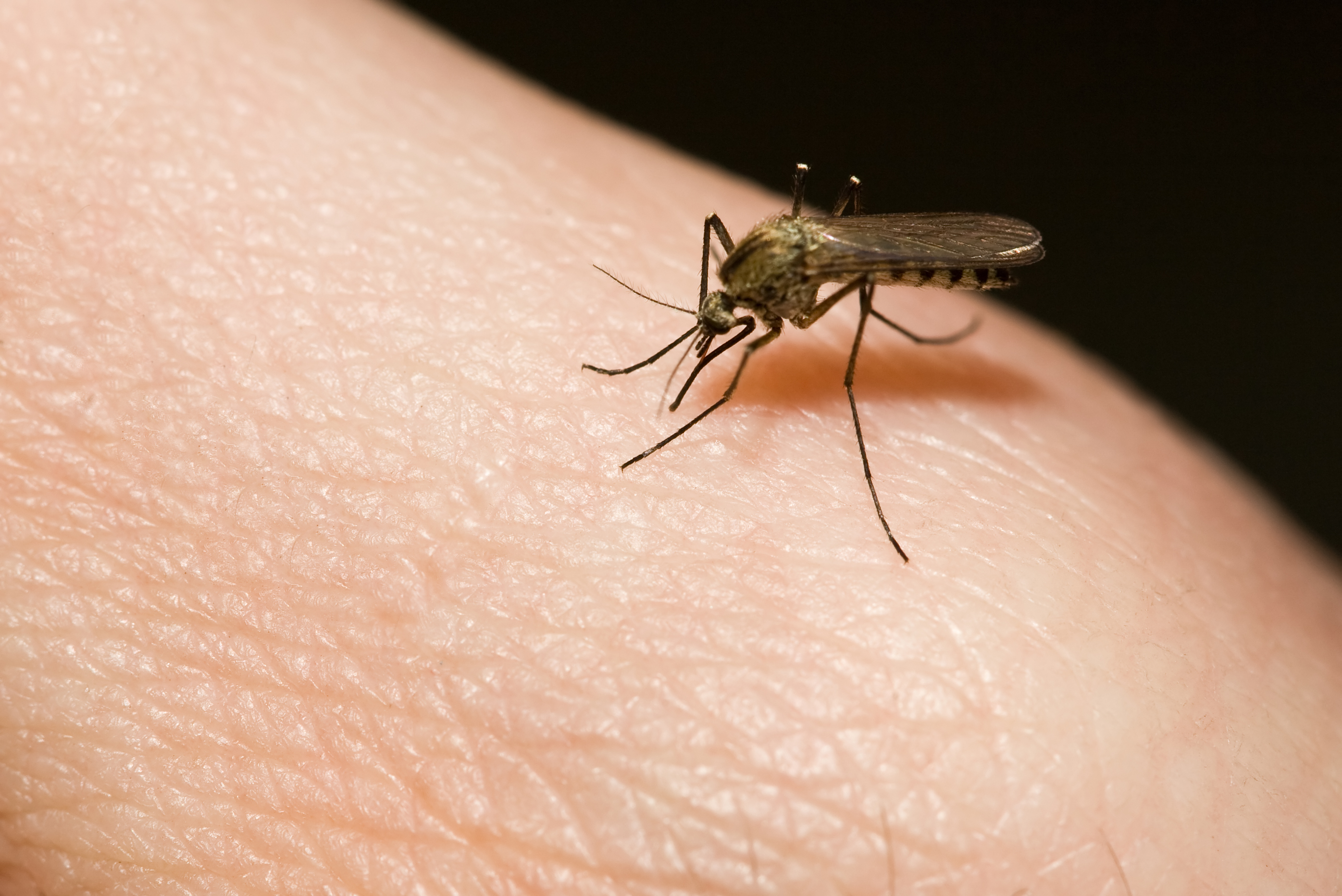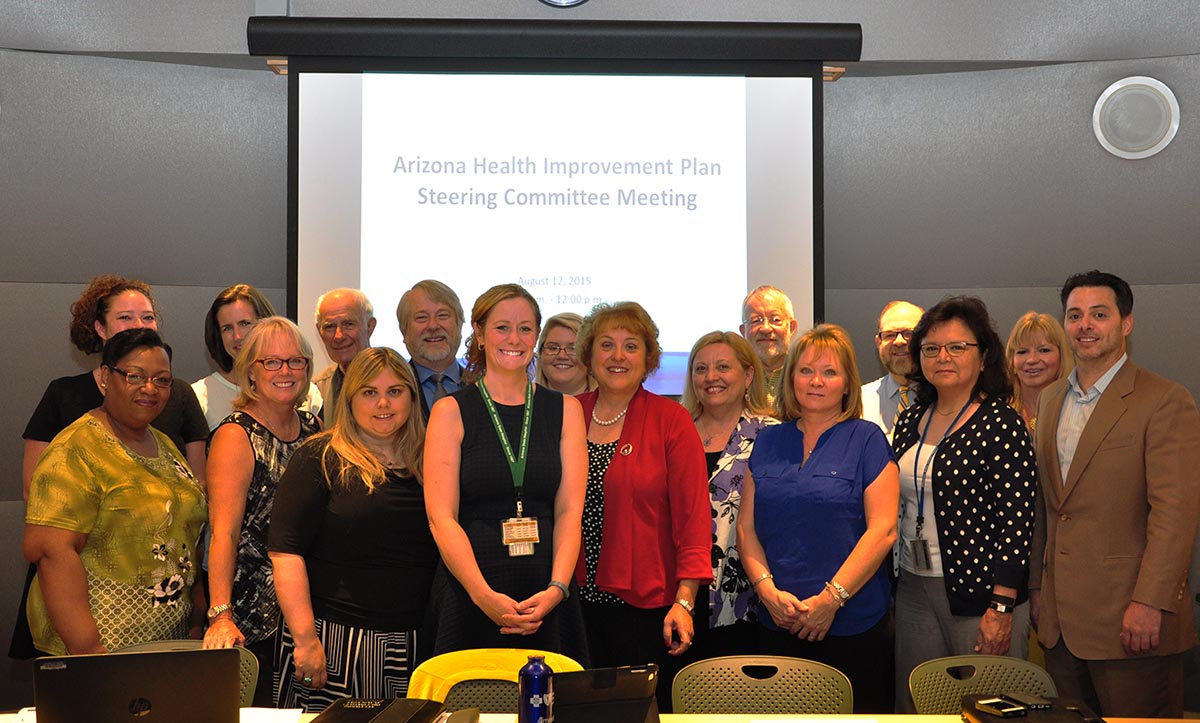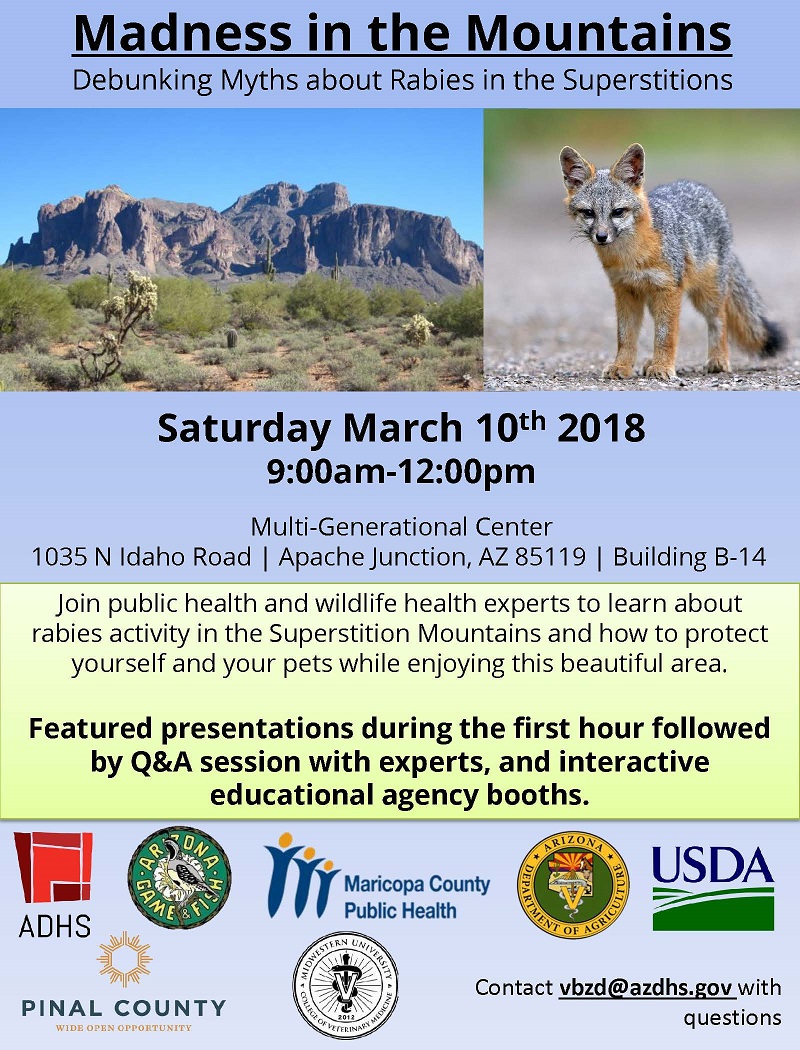Arizona’s Surveillance System Goes International
The ADHS MEDSIS  Program and Tuberculosis Control Program have teamed up to enhance the already unique relationship with our Sonoran Public Health counterparts. As of June 25, we welcomed CureTB, an international referral agency, onto MEDSIS. The ADHS TB Control Program and Office of Border Health has a long standing relationship working with […]
Program and Tuberculosis Control Program have teamed up to enhance the already unique relationship with our Sonoran Public Health counterparts. As of June 25, we welcomed CureTB, an international referral agency, onto MEDSIS. The ADHS TB Control Program and Office of Border Health has a long standing relationship working with […]
It’s Mosquito Season; Take Precautions to Stay Safe from Diseases
Back i n July, Arizona’s first case of West Nile virus was confirmed in Maricopa County. Unfortunately, the disease hasn’t stopped there. We’re continuing to see an increase in mosquito-borne illnesses statewide. So far this year, 46 cases of West Nile virus and 12 cases of Saint Louis encephalitis (another virus spread by the same mosquito that causes […]
n July, Arizona’s first case of West Nile virus was confirmed in Maricopa County. Unfortunately, the disease hasn’t stopped there. We’re continuing to see an increase in mosquito-borne illnesses statewide. So far this year, 46 cases of West Nile virus and 12 cases of Saint Louis encephalitis (another virus spread by the same mosquito that causes […]
Healthy People Building Healthy Communities Across Arizona
 The Arizona Health Improvement Plan (AzHIP) Steering Committee, an advisory group of 20 statewide leaders (which I’m fortunate to co-chair), met last week to discuss progress on the working draft for the AzHIP and Arizona’s leading health priorities. As a refresher, […]
The Arizona Health Improvement Plan (AzHIP) Steering Committee, an advisory group of 20 statewide leaders (which I’m fortunate to co-chair), met last week to discuss progress on the working draft for the AzHIP and Arizona’s leading health priorities. As a refresher, […]
New Campaign Highlights Safe Sleep Awareness
Today ADH S, the Safe Sleep Task Force, and several community partners launched a new public awareness campaign to teach parents and care givers of infants about safe sleeping environments. The numbers show heartbreaking statistics. In 2013, 74 infants died suddenly and unexpectedly, often referred to as SUID—sudden unexpected infant death. The cause of […]
S, the Safe Sleep Task Force, and several community partners launched a new public awareness campaign to teach parents and care givers of infants about safe sleeping environments. The numbers show heartbreaking statistics. In 2013, 74 infants died suddenly and unexpectedly, often referred to as SUID—sudden unexpected infant death. The cause of […]
Celebrate National Immunization Awareness Month
 Each year in August National Immunization Awareness Month provides an opportunity to highlight the value of immunization across the lifespan. According to the Centers for Disease Control (CDC) immunizations are one of the top 10 public health accomplishments of the 20th century.
Each year in August National Immunization Awareness Month provides an opportunity to highlight the value of immunization across the lifespan. According to the Centers for Disease Control (CDC) immunizations are one of the top 10 public health accomplishments of the 20th century.
While immunizations have significantly reduced the incidence of […]
Blood Lead Screening to Identify at Risk Children
 In Arizona more than 800 children each year are identified with elevated blood lead levels (EBLL). Even at low blood lead levels, children’s intelligence, behavior, hearing and growth can be irreparably damaged. Most children will not have any symptoms. The only way to detect lead poisoning is through a blood test. […]
In Arizona more than 800 children each year are identified with elevated blood lead levels (EBLL). Even at low blood lead levels, children’s intelligence, behavior, hearing and growth can be irreparably damaged. Most children will not have any symptoms. The only way to detect lead poisoning is through a blood test. […]












